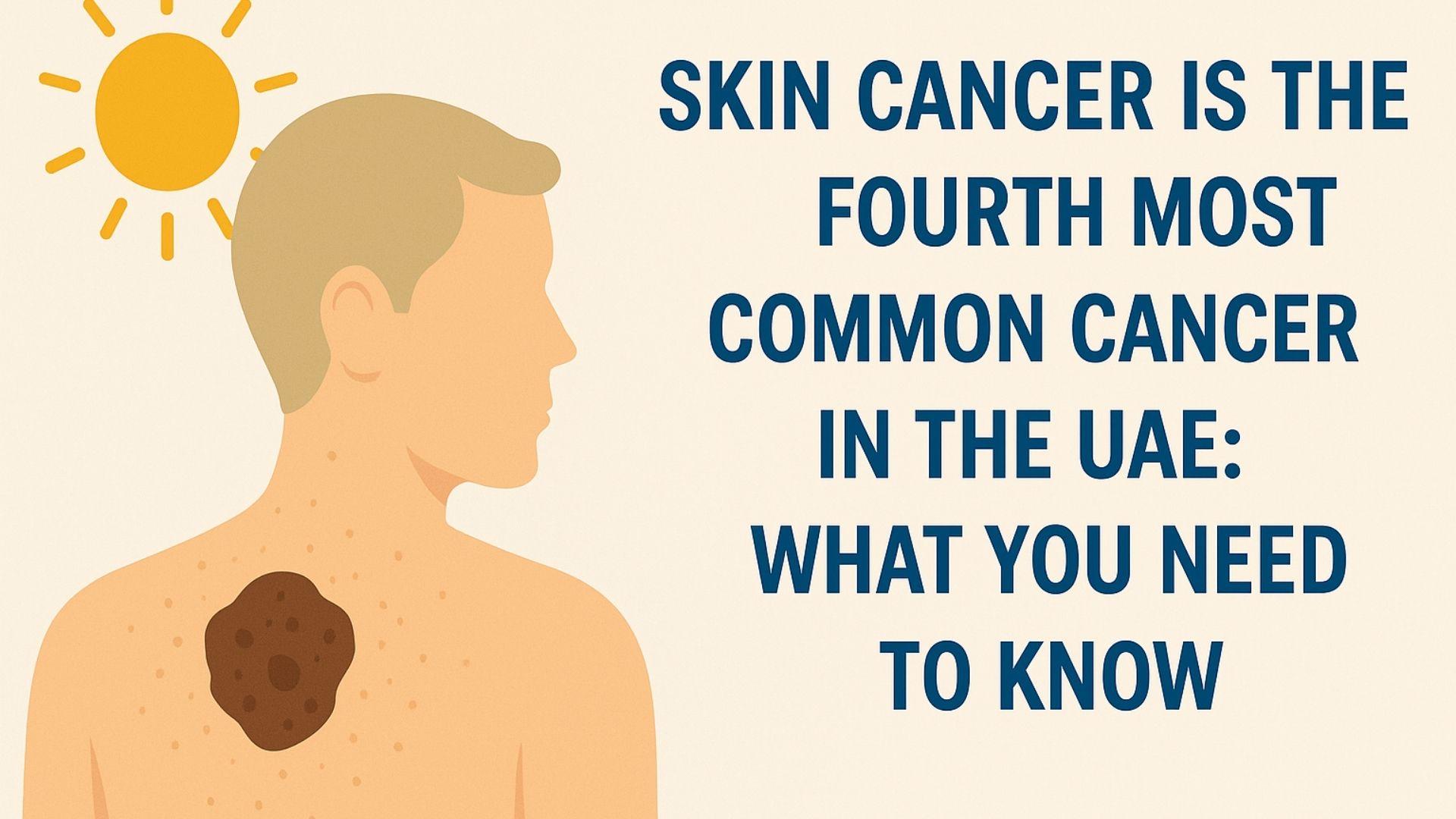John Smith
Alice. 'I've read that in.

Protect yourself in the UAE! Discover essential information about skin cancer, its prevalence as the 4th most common cancer, and vital prevention strategies.
Skin Cancer in the UAE: Essential Facts and Prevention
Skin cancer is becoming a growing health concern in the United Arab Emirates (UAE), now ranking as the fourth most common type of cancer in the country. With the region’s hot climate, year-round sun exposure, and a population that often underestimates the dangers of ultraviolet (UV) radiation, the incidence of skin cancer continues to rise. While awareness is slowly increasing, many residents remain unaware of the risks, symptoms, and preventive steps they can take to protect themselves.
In this article, we break down the key information you need to know about skin cancer in the UAE — including causes, warning signs, risk factors, treatment options, and prevention — in a clear and SEO-optimized format.
Skin cancer is the abnormal growth of skin cells, most often triggered by excessive exposure to the sun’s ultraviolet rays. It generally appears on areas of the body frequently exposed to the sun, such as the face, neck, ears, arms, and legs. However, it can also develop in areas not commonly exposed.
There are three main types of skin cancer:
There are several reasons why skin cancer has become the fourth most prevalent cancer in the UAE:
While anyone can develop skin cancer, some groups are more vulnerable:
Early detection of skin cancer can be lifesaving. Here are some signs you should never ignore:
Use the ABCDE method to examine moles:
If you notice any of these signs, it’s crucial to consult a dermatologist immediately.
Dermatologists in the UAE use advanced diagnostic tools such as dermoscopy, biopsies, and digital mole mapping to detect skin cancer at its earliest stage.
Treatment options depend on the type and stage of cancer and may include:
The UAE has world-class healthcare facilities with specialized cancer treatment centers offering high-quality care and follow-up services.
Fortunately, skin cancer is highly preventable. The following simple steps can significantly reduce your risk:
Skin cancer in the UAE is a growing health concern that requires urgent attention. Being the fourth most common cancer in the country, it affects a wide range of people — from young adults to seniors, from expats to nationals.
The good news is that early detection and prevention can make all the difference. By raising awareness, adopting sun-safe habits, and seeking medical advice when needed, we can all play a role in reducing the burden of skin cancer in the UAE.
If you notice any unusual changes in your skin, don’t delay — consult a healthcare professional immediately. Your skin is your body’s largest organ. Protect it wisely.
Your email address will not be published. Required fields are marked *